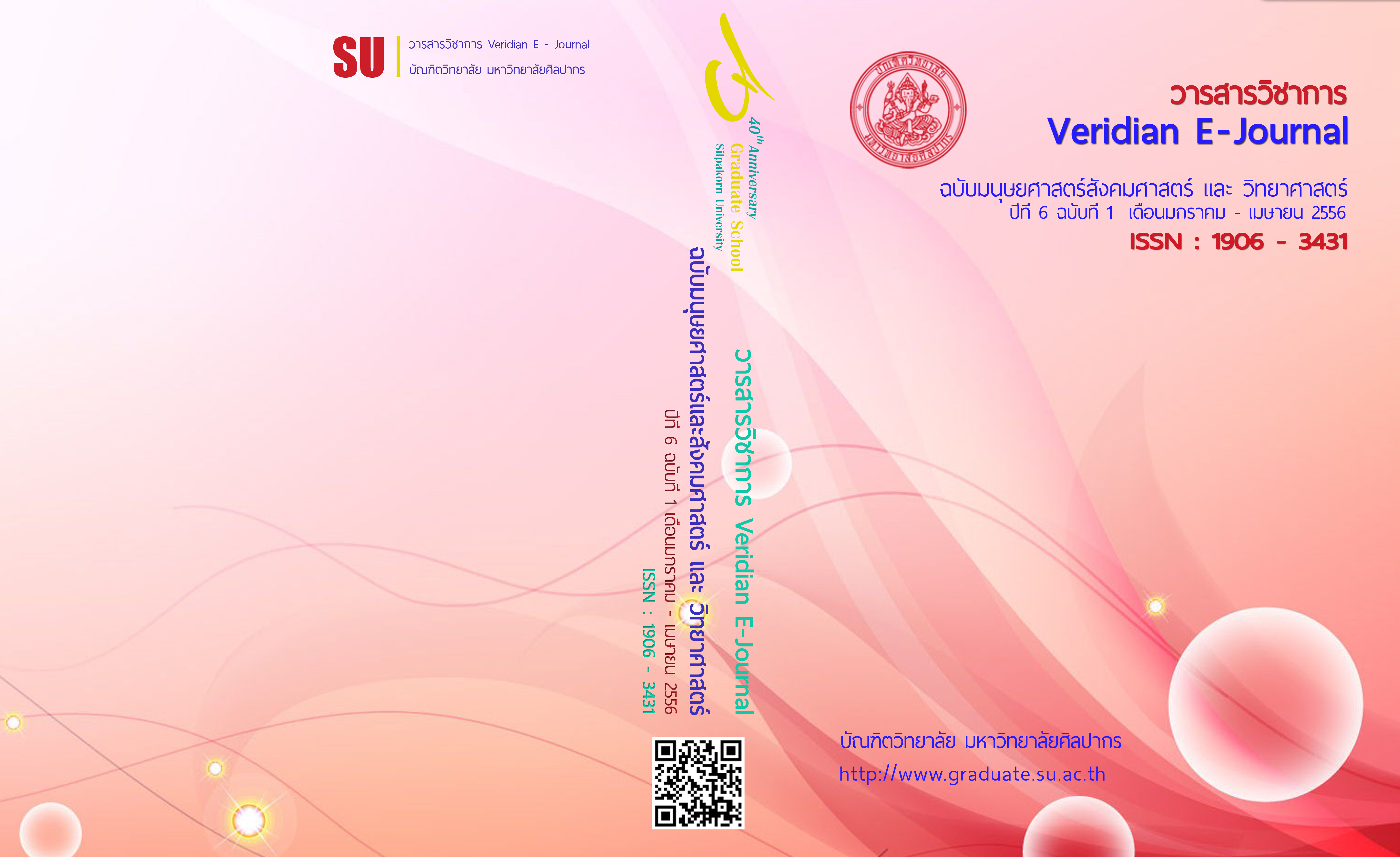Buddhist values, sustainability and leadership.
Main Article Content
Abstract
Abstract
Value or principle centered leadership gets more attention when researchers want to explain the effectiveness of management nowadays. In the more western way of looking this means emphasis on authenticity, trustworthiness, character and competencies of the manager. In Buddhism the emphasis lies on taking the right view (mindfulness, wisdom) and doing the right things (ethical behavior). In the sufficiency economy philosophy the main elements are moderation, reasonableness and enhancing the self immune system. The so-called TLS©-model has three layers: society, company and the management level. The three corners of the pyramidal model are called economic, societal and environmental value. On the level of the individual manager they are called: care for me, care for you and me and care for all.
The TLS©-model offers the possibility to point out the place of a manager concerning his/her interdependent position in sustainably managing a company. Buddhist values and the sufficiency economy philosophy emphasize the process of thinking and acting. The final results are inherent to the ways chosen to reach the goals but are not the central focus. For Buddhist managers, the way to reach the goals is more important than the result itself. The interdependent, non-Buddhist manager will recognize that the result of a sustainable operation should be a balance between the economic, societal and environmental values of the individual leader, the company and society as a whole.

